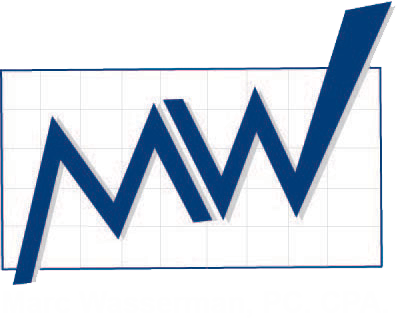New Jersey has specific tax exemptions that benefit consumers by reducing the cost of essential goods and services. Understanding these exemptions can help residents and businesses navigate the state’s sales tax regulations effectively. Below are some of the key tax-exempt items in New Jersey:
Clothing
One of the most significant exemptions in New Jersey is on clothing. Unlike many other states that impose sales tax on apparel, New Jersey exempts most clothing items, including shirts, pants, dresses, socks, and shoes. However, accessories such as jewelry, handbags, and certain protective sports equipment may still be taxable.
Groceries
Most grocery items are tax-exempt in New Jersey. This includes fresh produce, meat, dairy products, and non-prepared foods. However, certain snack foods, candy, soda, and prepared meals from restaurants or delis may still be subject to sales tax. This distinction is important for consumers when making grocery purchases.
Prescription Medications
All prescription medications are exempt from sales tax in New Jersey. This exemption applies to both over-the-counter drugs that require a prescription and medications purchased at pharmacies. This helps reduce healthcare costs for residents who rely on prescription drugs for medical treatment.
Medical Devices
Medical devices, including wheelchairs, prosthetic devices, hearing aids, and other essential medical equipment, are tax-exempt in New Jersey. This exemption ensures that individuals with medical conditions do not face additional financial burdens when purchasing necessary medical supplies.
Newspapers
Printed newspapers are another tax-exempt item in New Jersey. This exemption is designed to promote access to news and information, recognizing the importance of journalism and public awareness. However, digital subscriptions and magazines may still be subject to taxation.
Certain Services
While most services in New Jersey are taxable, some are exempt. For example, medical and legal services, educational services, and certain labor services related to the installation of tax-exempt goods are not subject to sales tax. Businesses and consumers should verify which services qualify for exemption to ensure compliance with state tax laws.
Conclusion
New Jersey’s tax exemptions provide financial relief to residents by making essential goods and services more affordable. By understanding which items are tax-exempt, consumers can make informed purchasing decisions while businesses can ensure proper tax compliance. For detailed tax guidelines, it’s always best to consult the New Jersey Division of Taxation or a tax professional.
